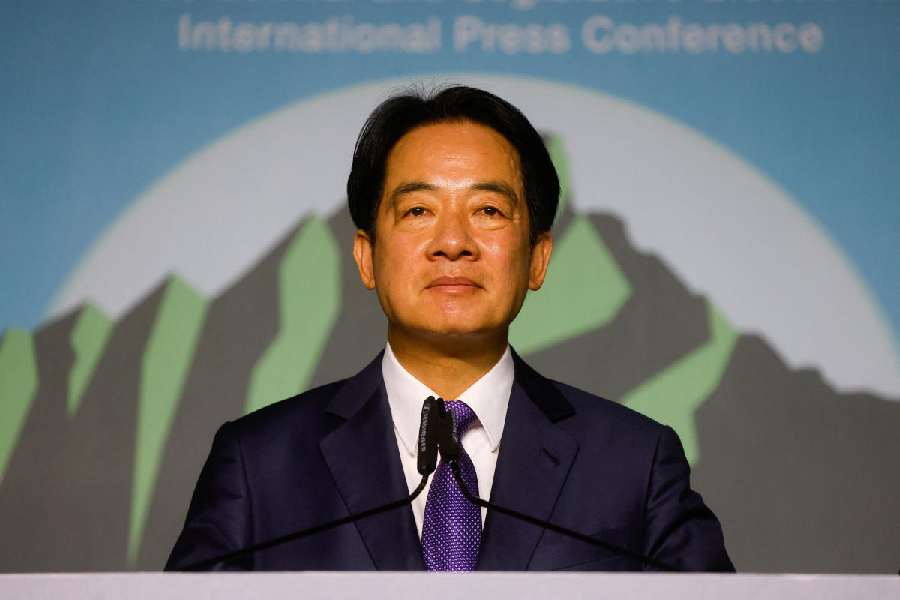Taiwan has elected its vice-president, Lai Ching-te — also known as William Lai — as its next president in a vote that carries outsized significance despite the fact that the small, self-governing island itself has a population of only 23 million people. Mr Lai’s election threatens to escalate tensions between Taiwan and mainland China. New Delhi must watch these developments with caution at a time when the world is already aflame with multiple hot conflicts. Mr Lai’s Democratic Progressive Party, which has now won its third presidential term in a row, is a staunch critic of Beijing and is vocal about maintaining Taiwan as a separate entity. Beijing, which claims Taiwan, had described Mr Lai as a dangerous separatist during the election campaign. It has responded to his election by emphasising that its plans to incorporate Taiwan into China remain intact. China has had particularly fraught relations with the incumbent president, Tsai Ing-wen, who has hosted senior officials from the United States of America in Taiwan, sparking threatening military exercises from Beijing.
It, however, is not inevitable that Taipei and Beijing are headed towards a military confrontation. The US president, Joe Biden, in his first remarks on Mr Lai’s election, iterated that Washington did not support Taiwan’s independence, in effect trying to assure Beijing that he would not try to escalate tensions between the world’s two foremost powers over Taipei. The US and China have tried in recent weeks to better manage their relationship at a time when Beijing is focused on reviving its economy and Mr Biden faces re-election challenges alongside two wars in which Washington is a central player. For India, this is a time to strengthen ties with Taiwan, an approach which enjoys the support of both the DPP and the Opposition Kuomintang. At the same time, New Delhi must stay wary of any steps with Taipei that would unnecessarily provoke Beijing without serving tangible gains. With everything that the US is preoccupied with, there is no guarantee of the levels of support New Delhi will receive from Washington in the event of an escalation in tensions with Beijing. For China, meanwhile, this is a moment to reassess its approach not just with Taiwan but also to its broader neighbourhood. Whether in the Indian Ocean or the South China Sea, no one likes bullies.











